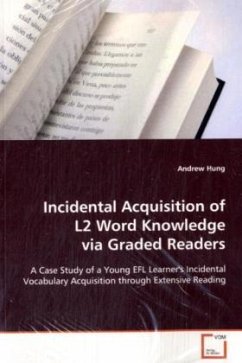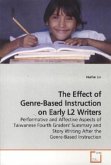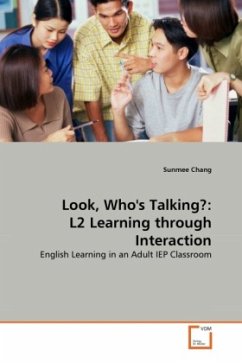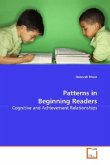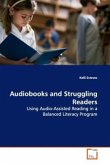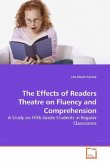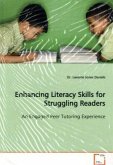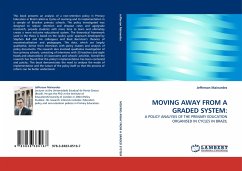Previous researches have shown that with graded
readers, adult EFL learners of intermediate and
advanced language abilities might acquire vocabulary
knowledge incidentally. Through meaningful
interaction with the text, there is gradual but
steady incremental growth of vocabulary knowledge.
But the effects of extensive reading on the
incidental acquisition of vocabulary among young
beginning EFL learners remain unknown. Furthermore,
study on the effects of extensive reading with
graded readers on the acquisition of grammatical
knowledge of past tense is nonexistent. One purpose
of the present study is to bridge the gaps by
examining the effects of extensive reading with
graded readers on the incidental word knowledge
learning of a 12-year-old Taiwanese learner of
English as a foreign language. Specifically, we
sought to investigate the effects of extensive
reading on the learner s acquisition and retention
of (1) the receptive vocabulary knowledge of nouns,
and (2) of the productive morphological knowledge
about the past tense forms of regular and irregular
verbs over a period of 4 weeks of extensive reading
activity.
readers, adult EFL learners of intermediate and
advanced language abilities might acquire vocabulary
knowledge incidentally. Through meaningful
interaction with the text, there is gradual but
steady incremental growth of vocabulary knowledge.
But the effects of extensive reading on the
incidental acquisition of vocabulary among young
beginning EFL learners remain unknown. Furthermore,
study on the effects of extensive reading with
graded readers on the acquisition of grammatical
knowledge of past tense is nonexistent. One purpose
of the present study is to bridge the gaps by
examining the effects of extensive reading with
graded readers on the incidental word knowledge
learning of a 12-year-old Taiwanese learner of
English as a foreign language. Specifically, we
sought to investigate the effects of extensive
reading on the learner s acquisition and retention
of (1) the receptive vocabulary knowledge of nouns,
and (2) of the productive morphological knowledge
about the past tense forms of regular and irregular
verbs over a period of 4 weeks of extensive reading
activity.

